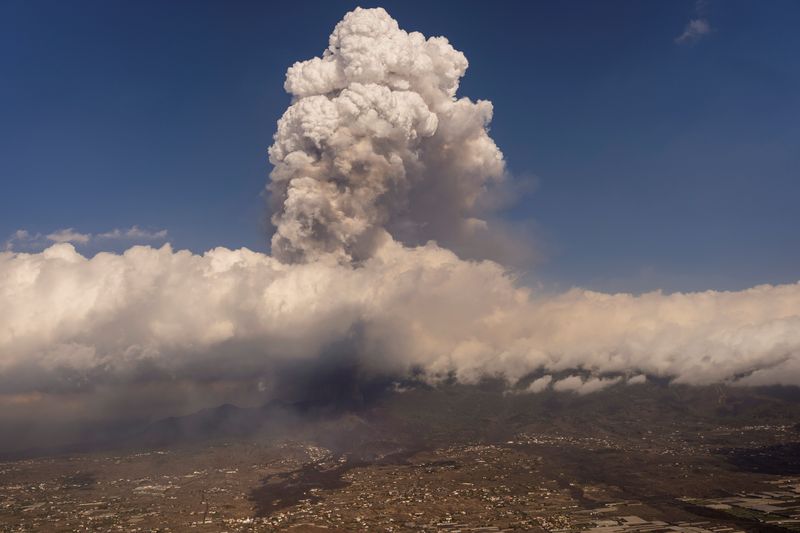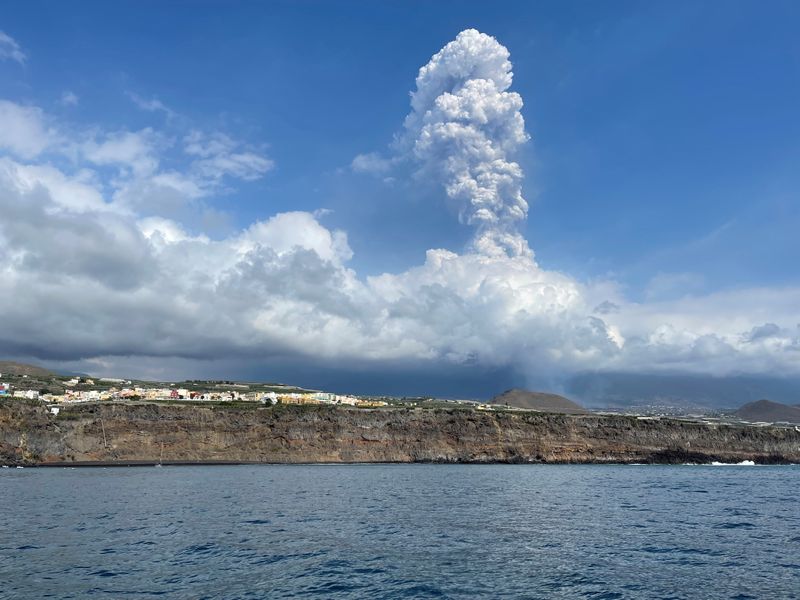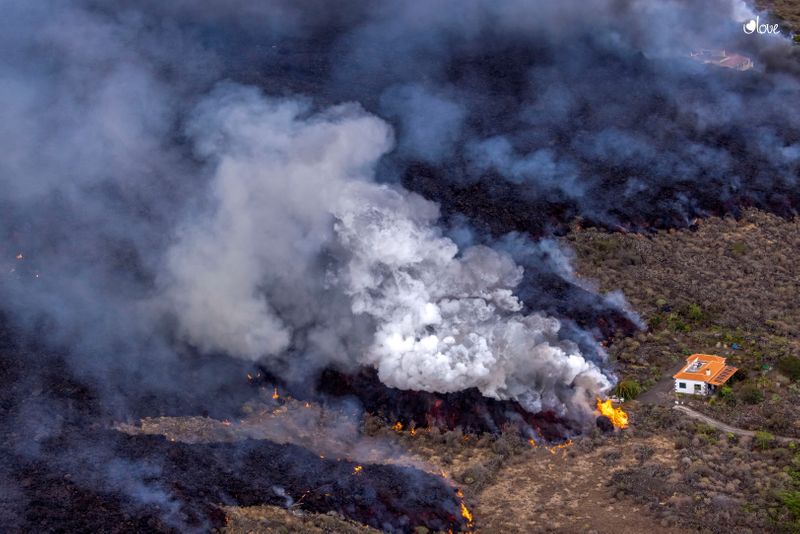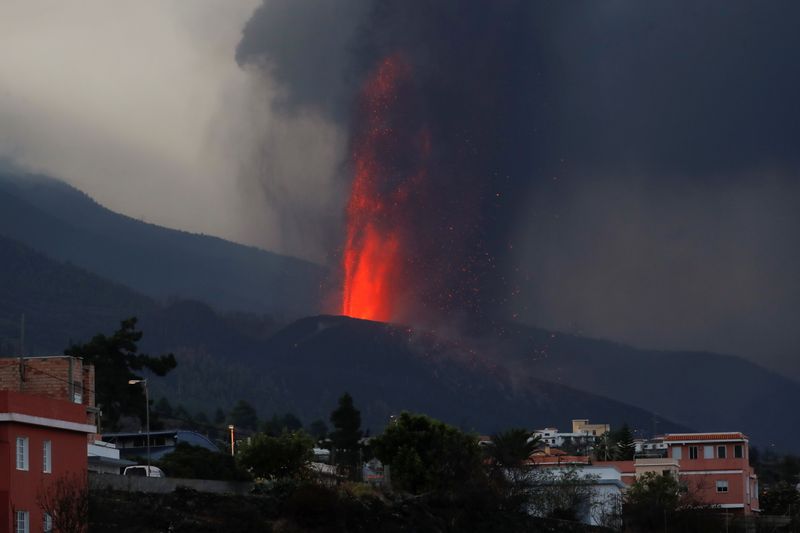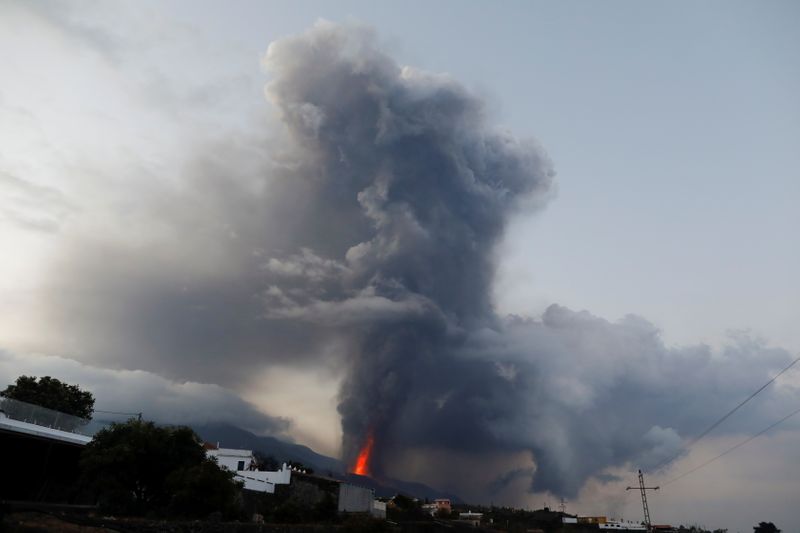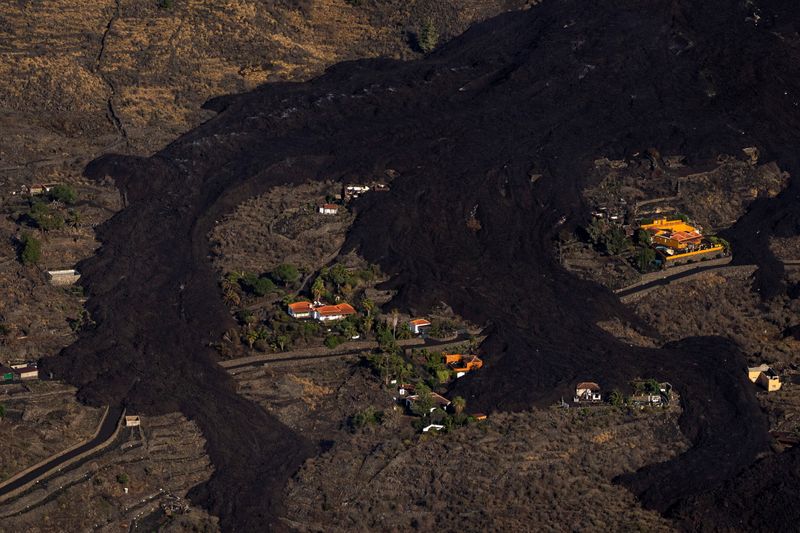Radicals vs realists: Should French Greens look to Germany for tips on electoral success?
 French Greens begin choosing their candidate for next year's presidential contest this weekend, with an eye to how the 'Grünen' led by Annalena Baerbock fare in Germany's general election. © Odd Andersen, AFP
French Greens begin choosing their candidate for next year's presidential contest this weekend, with an eye to how the 'Grünen' led by Annalena Baerbock fare in Germany's general election. © Odd Andersen, AFPText by:Romain BRUNET
Green candidates for the French presidency are often at pains to prove they are radical enough for the party’s base. But Germany’s “Grünen” have long opted for the opposite path: persuading the broader electorate that they can compromise and be trusted as a party of government.
France’s Greens begin choosing their next presidential candidate on Sunday in a second-round primary pitting a moderate party stalwart against a self-styled radical “eco-feminist”. By the time the primary closes on September 28, German voters will have cast their ballots in a general election that could propel the local Green party into government.
On paper, the timing is ideal for EU lawmaker Yannick Jadot, the moderate candidate in France’s Green primary, who has made no secret of his proximity with Germany’s Grünen. His trouble is convincing his own party’s grassroots supporters, who have frequently opted for the more radical option when offered the choice.
“Our responsibility is to make it into power and govern,” Jadot said on Wednesday in a televised debate with his opponent Sandrine Rousseau, who hit back by describing his brand of ecology as lacking in daring.
It’s a familiar dilemma for supporters of France’s Greens, traditionally torn between a highly vocal radical wing and a moderate camp keen to tout its pragmatism and electability. Should they be uncompromising on their principles? Or should they adopt a more flexible stance like the Grünen, who accept to govern with the conservatives?
When it comes to electoral success, the French Greens’ record clearly pales in comparison with that of their German counterparts.
At the national level, the Grünen were key players in Gerhard Schröder’s coalition government between 1998 and 2005, when their leader Joshka Fischer served as vice-chancellor and foreign minister. While they have been in the opposition ever since, they are part of ruling coalitions in 11 of Germany’s 16 Länder (regions) – teaming up with a range of parties from the far-left Die Linke to the conservative CDU – and have been in sole control of a 12th Land, Bade-Wurtemberg, for the past decade.
At the last European elections in 2019, the Grünen came second with 20.5% of votes. Until a few weeks ago, their candidate for chancellor, “realist” Annalena Baerbock, was seen as a serious contender to succeed the outgoing Angela Merkel.
“The Grünen have succeeded in normalising their image in Germany’s political landscape,” says Annette Lensing, a lecturer in Germanic studies at the University of Caen-Normandie. “They are now an established and credible party, having proven their ability to govern.”
‘Realos’ vs ‘Fundis’
The French Greens, however, argue that comparing electoral records in France and Germany is inherently unfair, owing to the two countries’ widely different political systems.
“Under Germany’s proportional system, each vote is represented and the coalition system means parties are obliged to work together,” says Sandra Regol, the deputy leader of Europe Ecologie-Les Verts (EELV), France’s main Green party. She adds: “If German Greens had to contend with the French system, it is quite possible they would score lower than us.”
Such arguments are missing the point, counters François de Rugy, a former environment minister under President Emmanuel Macron, who quit the Greens in 2015 over what he termed their “leftist drift”.
“The main difference is the Grünen’s party platform, which is far less radical than that of the French Greens,” he says. “German Greens understand the need to be in power. In their mind, being shut out of government signals failure.”
According to Lensing of the University of Caen-Normandy, the German Greens have succeeded in overcoming a long-standing internal division between “realos” (realists) and “fundis” (radicals).
“The party has rallied behind a clearly stated pragmatic line,” she explains. “They are clearly in favour of a socially responsible market economy.”
>> From radical to mainstream: A closer look at Germany's Green Party
In contrast, so-called “realists” are traditionally a minority among French Greens. Many of those who pushed hardest for power, like de Rugy and the current environment minister, Barbara Pompili, have ended up quitting the Greens to join Macron’s LREM party.
“I could see that the desire to be a party of government was not shared by [other Greens],” says de Rugy, for whom “radicalism is a rite of passage” among French ecologists. He points to Jadot’s attempts to sway more radical voters ahead of the second round of the primary.
“Jadot had previously cast himself as a moderate, but since the first round of voting he has done all he could to appear more radical, constantly referring to his past as an activist and GMO crop reaper,” the former minister explains. “Unfortunately, this kind of attitude means they remain a fringe party.”
Small-steps politics
“Realists” may have a better track record at the ballot box, but have they been able to deliver once in power?
While France’s Greens are careful not to criticise their German counterparts, they also stress that participating in government does not necessarily translate into concrete action against climate change.
In an interview with the environmental news site Reporterre, EELV head Julien Bayou said Macron’s government had failed to understand that the transition to a green economy is impossible “without a rethink of our productivist model”.
“There can be no ecological transition without a political flip. The point is not to influence Macron, but to replace him,” Bayou wrote, citing another former environment minister, prominent Green activist Nicolas Hulot, who resigned from Macron’s government in protest at its lack of ambition for the environment.
In Germany, the Grünen have helped raise awareness of environmental issues among the public and pushed the fight against climate change to the top of the political agenda, says Lensing. Despite their best efforts, the German Constitutional Court ruled in April that the government’s actions were insufficient to meet its commitments to cut greenhouse emissions.
Baerbock, the Grünen’s candidate for chancellor, has pledged to accelerate Germany’s exit from coal, to boost renewable energy sources and increase the country’s carbon tax, while maintaining a moderate stance on social policy.
True to form, France’s Greens have promised to go much further in both fields. Whether they pick a “realo” or a “fundi” in their primary, they will be hoping a strong showing by the Grünen on Sunday can boost their own chances in next year’s all-important presidential contest.
This article has been adapted from the original in French.











:focal(2610x1923:2611x1924)/https://tf-cmsv2-smithsonianmag-media.s3.amazonaws.com/filer_public/07/3d/073d1446-336e-4abd-995c-195f1c62f6c5/gettyimages-1235366980.jpg)
/https://tf-cmsv2-smithsonianmag-media.s3.amazonaws.com/filer_public/68/a8/68a8e266-44ed-4285-91ff-c71a73748013/gettyimages-1341432376.jpg)
